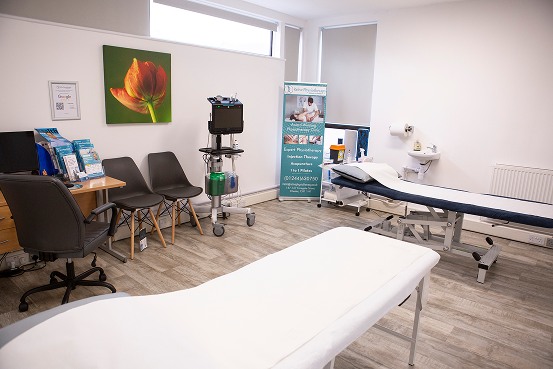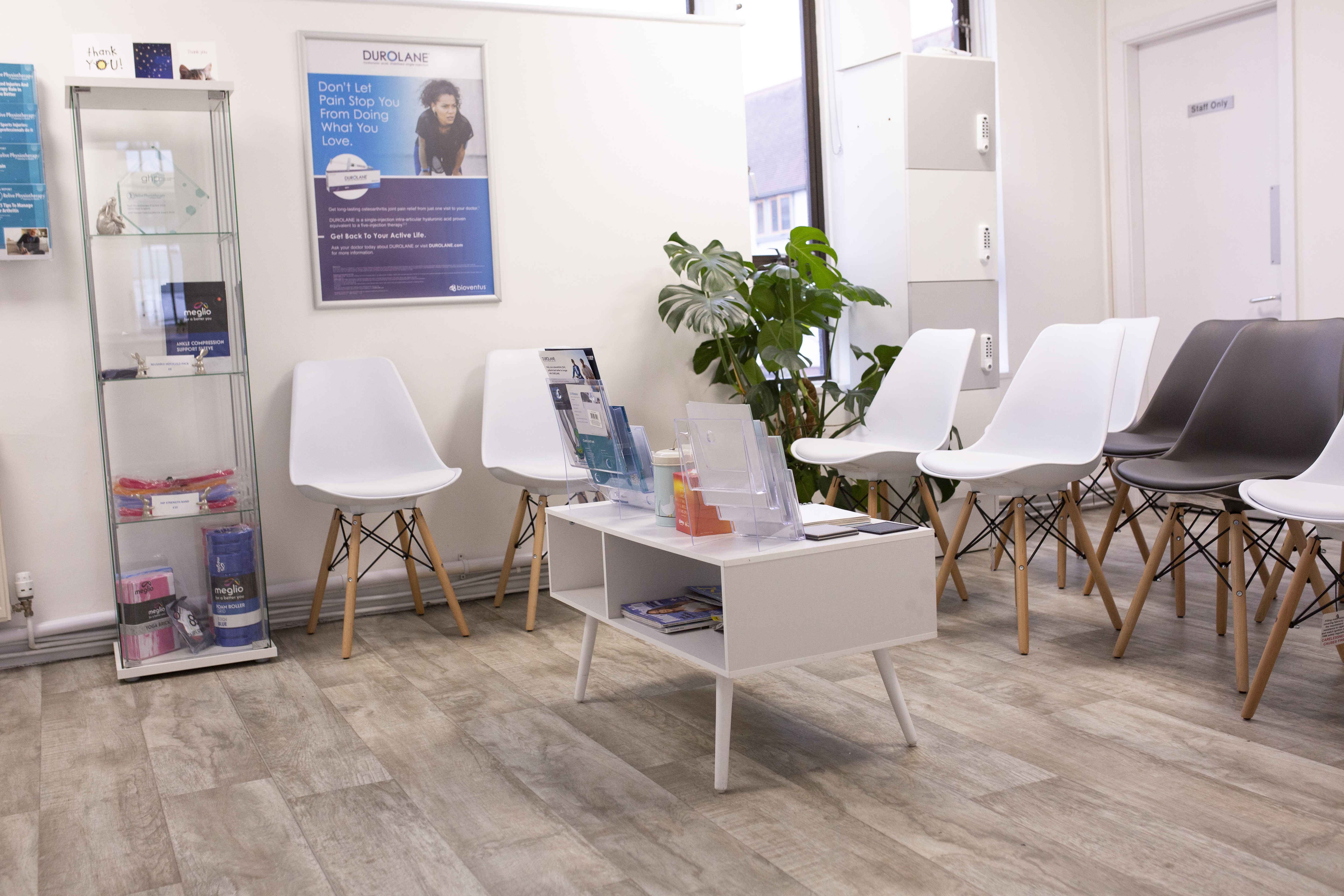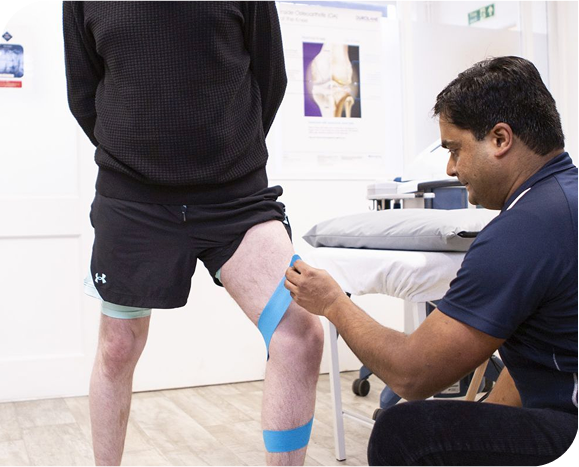Have you been looking for Answers, but just can’t get any?
Are you fed up with relying on painkillers or visiting your GP?
If you have answered ‘Yes’ to any of these questions, then Chester’s Best Physiotherapy Clinic, Relive Physiotherapy has the answers for you!

If you’ve injured yourself, you might be tempted to just rest and see if the pain goes away by itself. From our experience, it probably won’t. You may have stopped doing some of the things that you enjoy because the pain has taken over. Even simple tasks may have become difficult.
In any case, your life has changed and not necessarily for the better. You may have started taking painkillers to mask the pain, but that doesn’t heal your injury. You need HELP!
Chester’s Best Physiotherapy Clinic (over 500 5* Google Reviews) is the best place for you to start.
We’re different, and you will notice this straight away. When you call in to us, our trained team will talk to you about your injury and understand what has happened, directing you to the right person and service. Our Skilled Physiotherapists will do a detailed assessment of your injury, talk to you about how it happened and take a medical history. They will then let you know what the problem is and talk to you about your goals, which means that together we will be able to devise the best treatment plan for you. We don’t do standard plans, and we don’t just give you exercises and tell you to come back if you don’t feel better in a few weeks.
We care about your recovery and will tell you all of the options that you have and how long your recovery will take. Our standard is good old fashioned hands-on treatment which is based on clinical evidence to get you back into shape, but there may be other services that we recommend as well, depending on your injury and physical condition. We will give you exercises to do at home, and these are really important for your recovery, as experience has shown us that the people who do their exercises regularly recover quicker.
If this sounds like the recovery you want then GET IN TOUCH!

Just Click on the Button Below and Complete the Form and we will be in touch
We offer a FREE 15 minute no obligation consultation for anybody who is unsure whether Physiotherapy is the right option for them. You might be wondering if Physiotherapy will help you, or you may have had a bad experience in the past with a Healthcare professional. It’s why we are happy to just CHAT if that is all you want to do and you are under no obligation to book any further sessions with us after your FREE consultation.
If you are in pain and really don’t know what to do, then get in touch with Chester’s Best Physiotherapy Clinic, Relive Physiotherapy by whichever means suits you (text, phone, email, Social Media, WhatsApp). We can talk about the different options and possible solutions for your issue and how we can get you back to doing the things you were doing before your injury struck.
If you can’t make it into the Clinic, then don’t worry! Our expert Physiotherapists, Raj or Mohana, will be able to give you a call and talk about your injury over the phone. Once you have had a chat and been presented with all of the information, then you will be able to make more informed choices about your recovery.
During these 15 minute sessions, we are unable to give any treatment and we won’t be able to give you a diagnosis. However, what we will be able to do is talk about the different options that you have available to you, leaving you to make the decision about any next steps.

Of course you can! Physiotherapy can be a big step for people to take and they want to be sure and feel reassured before committing. Please call us on 01244 630750 or email us at [email protected] to book a FREE discovery visit.
‘When we are booking your appointment, our Reception Team will explain all of this to you over the phone. Think about the area in which you have the injury and please make sure that it is as accessible as possible. We will never ask you to take off lots of your clothes as we want you to feel comfortable and enjoy the experience.
For example, if you have an injury to your lower back, then a loose top and shorts/ tracksuit bottoms would be best. Your Physiotherapist will always aim to keep you as clothed as possible and never expose large areas of your body. On occasion, we may ask you to remove an item if it makes your injury easier to treat, but we will always leave the final decision to you as to whether you are happy to do this.
Modern life puts constant pressure on our muscles, tendons, and nerves. Whether you&rsq..
Pelvic floor problems such as urinary incontinence, pelvic heaviness, or reduced muscle..
A stroke can have life-changing effects, impacting movement, speech, coordination, sens..









Our aim is to fix any issues early so;
